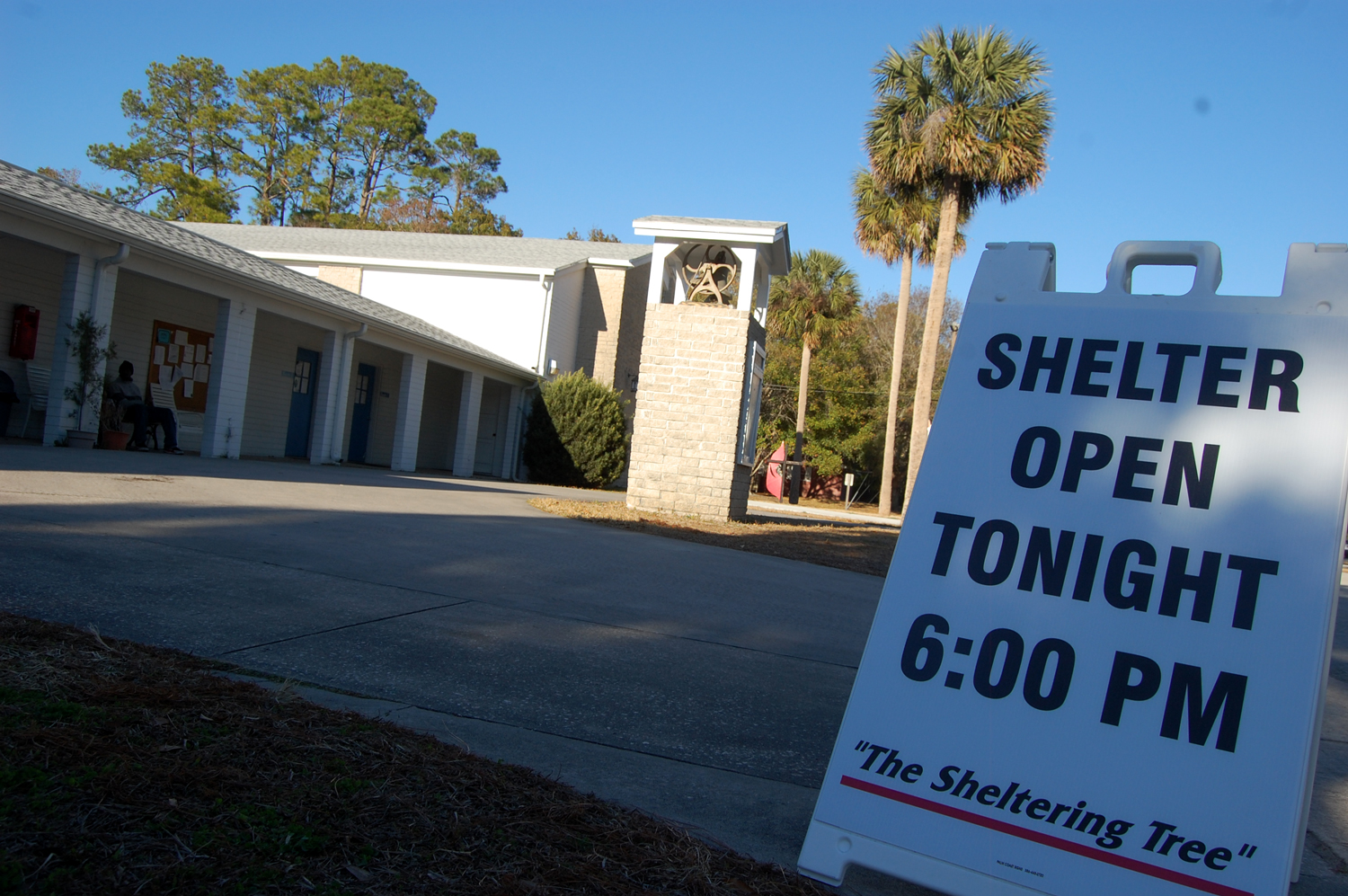Win: HUD le dice a los albergues para personas sin hogar que respeten el género autoidentificado

Today the Department of Housing and Urban Development (HUD) released long-awaited guía to ensure equal access for transgender people in homeless shelters. The guidance, issued to shelters and transitional housing programs across the country, call for access to shelter and programs to be based on a person’s self-identified gender. This follows similar guía issued by the Department of Justice in 2014 for domestic violence shelters and other programs funded by the Violence Against Women Act (VAWA).
HUD’s guidance today says that shelters may not ask transgender people intrusive questions about their bodies or medical histories, or deny access based on the gender on a person’s ID or another person’s discomfort with transgender people. The guidance urges programs to provide any accommodation requested on an individual basis for safety reasons, but the bottom line is that each person’s self-identified gender must be respected. This is tremendous progress and great news. NCTE is thankful to HUD Secretary Julián Castro for his leadership; this guidance may literally save transgender people’s lives.
NCTE and other advocates have pressed HUD to issue this guidance since the Department adopted a regulación in 2012 prohibiting discrimination based on sexual orientation and gender identity in HUD-funded programs, including emergency shelters. Since then, the Attorney General has anunció that the federal government interprets laws prohibiting sex discrimination, such as the Fair Housing Act, to protect transgender people. Though the guidance is incredibly important, the text of the 2012 regulation itself still needs to be updated to reflect the requirements in today’s guidance. In addition, NCTE is strongly urging HUD to take additional steps to make clear that these principles apply, by law, to all forms of housing under the Fair Housing Act and HUD program regulations.
Although many homeless and domestic violence shelters around the country have long recognized that it is a best practice to respect transgender people and allow access programs based on their self-identified gender—and many state and local laws have required equal access for many years—transgender people still face extraordinary barriers in accessing shelter, driven by a refusal to recognize their identity. According to the Encuesta Nacional de Discriminación Transgénero, nearly one in five transgender people (19%) has experienced homelessness at some point because discrimination. Almost one in three (29%) transgender people seeking shelter were turned away outright, while 55% were harassed, 25% were physically assaulted, and 22% were sexually assaulted in the shelters they were allowed into. Shelter staff forced 42% of transgender shelter-seekers to live as the wrong gender in order to be allowed to stay. Overall, nearly half ultimately left shelters due to abuse or poor treatment in shelter. Transgender women and trans people of color were more likely to be turned away or experience harassment and assault in shelters.
While NCTE applauds this huge step forward by HUD —and will work with HUD and advocates around the country to implement it—we recognize that equal access to the current homeless services system is not enough. We share the goal of ending homelessness—and on the way to that goal, we must improve the way we provide housing. A shelter is not a home, and relying on temporary communal shelters comes with real challenges for anyone—especially survivors of violence and trauma, which many trans people are. NCTE strongly supports investing in stable, affordable, and supportive housing, and we applaud portions of President Obama’s FY 2016 budget proposal which would increase those investments.
NCTE encourages anyone who has experienced discrimination in a shelter or other housing setting (or knows someone who has) to consult our Fair Housing and Transgender People Recurso to learn about the rights transgender people have in shelter and other housing. Many shelter staff are open to doing the right thing, and following the law and guidance that require transgender people to be respected, if they know about the laws and guidance. We urge you to educate your local shelters with the new HUD guidance , así como Transitioning Our Shelters: A Guide to Making Shelters Safe for Transgender People, a publication of the National Coalition for the Homeless and National LGBTQ Task Force.

